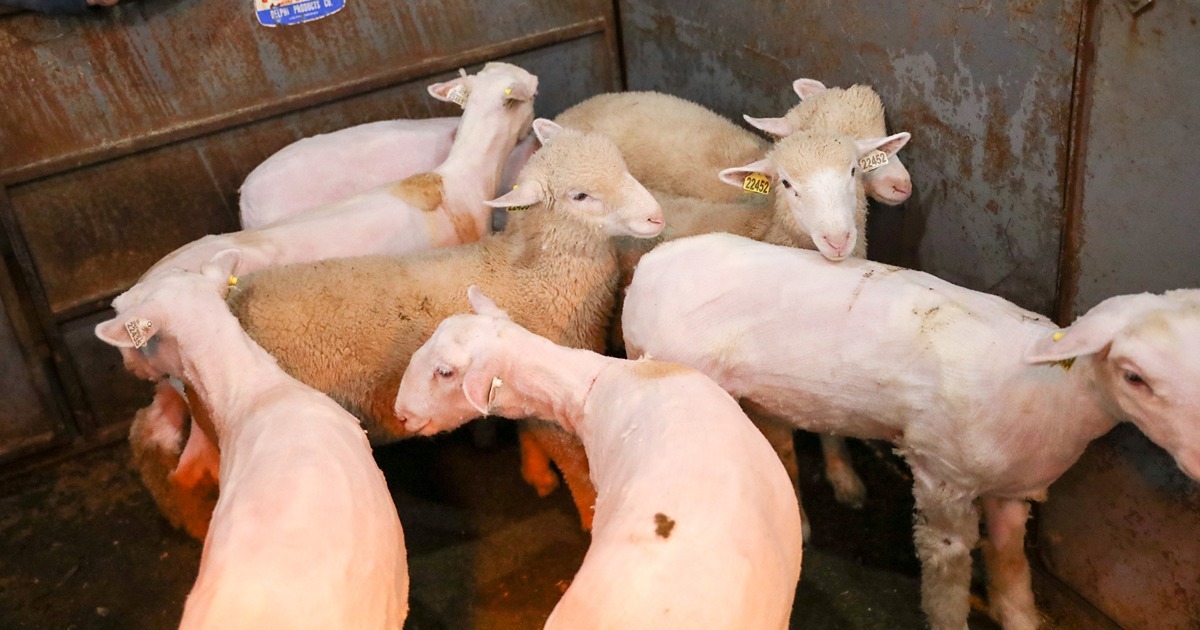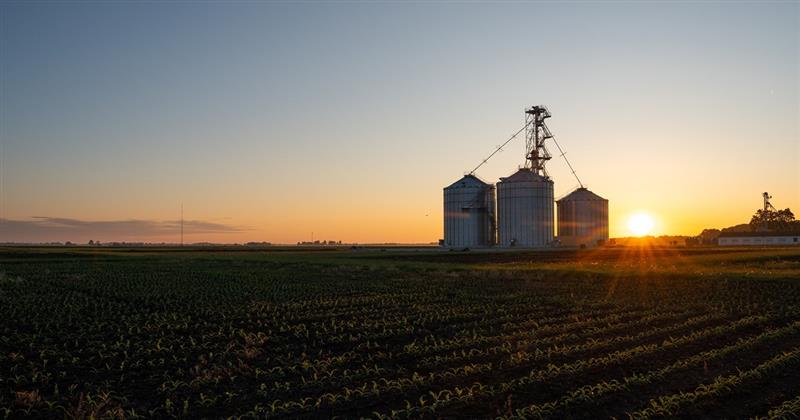Why Trees Matter
Allen County is filled with good people. Neighbors who support each other and work toward the common good are vital for developing a “community of stewards” who deeply care about the sustainability of natural resources. Neighbors are important.
Perhaps the hardest working and most valuable “neighbor” near you is not Fred or Brenda or Chuck or whoever lives nearby. Rather it is the large oak trees in your yard. They have been here for decades, even centuries, working for us in so many ways. They are a legacy that we inherited, not one that we ourselves produced, and they need to be preserved and developed. This is your “good neighbor”:
Cleans the air. No trees, no human life. A mature leafy tree produces as much oxygen in a season as 10 people inhale in a year. They capture carbon dioxide from the air and turn it into pure oxygen, serving as a giant filter intercepting airborne particles and absorbing all sorts of pollutants.
Cleans the soil. Phytoremediation, meaning “restoring balance”, is the process of decontaminating soil or water by using plants and trees to absorb or break down pollutants. Plants filter sewage as well as lawn and farm chemicals, reduce the effects of animal wastes, clean roadside spills, and clean water runoff flowing into our streams and rivers.
Controls noise pollution. Trees are an extremely effective means of absorbing sound. Planted at strategic places around your house, they can abate major noises from traffic.
Slows storm water runoff. Flash flooding is dramatically reduced via trees; just a single mature tree can intercept as much as 1,000 gallons of water annually. They fight soil erosion as their roots bind the soil and their leaves break the force of the wind and rain.
Lowers energy costs. Shade resulting in cooling is often a primary reason for having trees. The shade provided drastically reduces air conditioning costs during the summer months. During the cold and windy seasons strategically-place trees act as a windbreak and can lower heating costs as much a 30%.
Makes property more desirable. Studies show that mature trees on a home site increase the value by as much as 10%, meaning thousands of dollars gain on many homes.
Enhances wildlife. Many species of wildlife depend on native trees for habitat as they provide food, protection, and homes for many birds and mammals.
Makes life nicer. It has been shown that spending time among trees and green spaces reduces the amount of stress that we carry around with us in our daily lives. Ailing family members have been shown to recover more quickly when their room offered a view of trees. Children retain more of the information taught in schools if they spend some of their time outdoors in green spaces.
In her article Trees Make Good Neighbors Dana Karcher writes, “No doubt, it's the tree that make us gather together in neighborly goodness. They stand as sentinels in our daily lives assuring that their benefits make our neighborhood great.” There is a popular Chinese proverb that says: “The best time to plant a tree was 20 years ago. The second best time is now.”
Without question Native Trees are the best choice. While this article talked about the “Why” of trees, the upcoming one will focus on the “Which Trees Matter!”
References:
Purdue University Landscape Report: Why need trees and here's why.
Arbor Day Foundation: Benefits of trees
International Society of Arboriculture: Tree Values
Find more information on this topic at the Purdue Education Store






